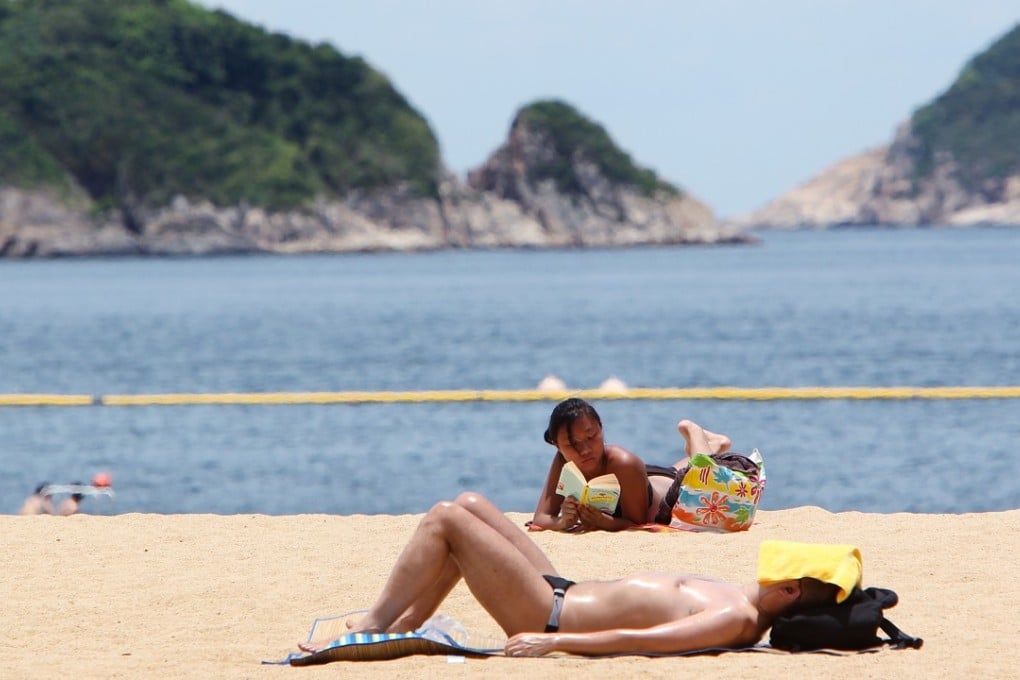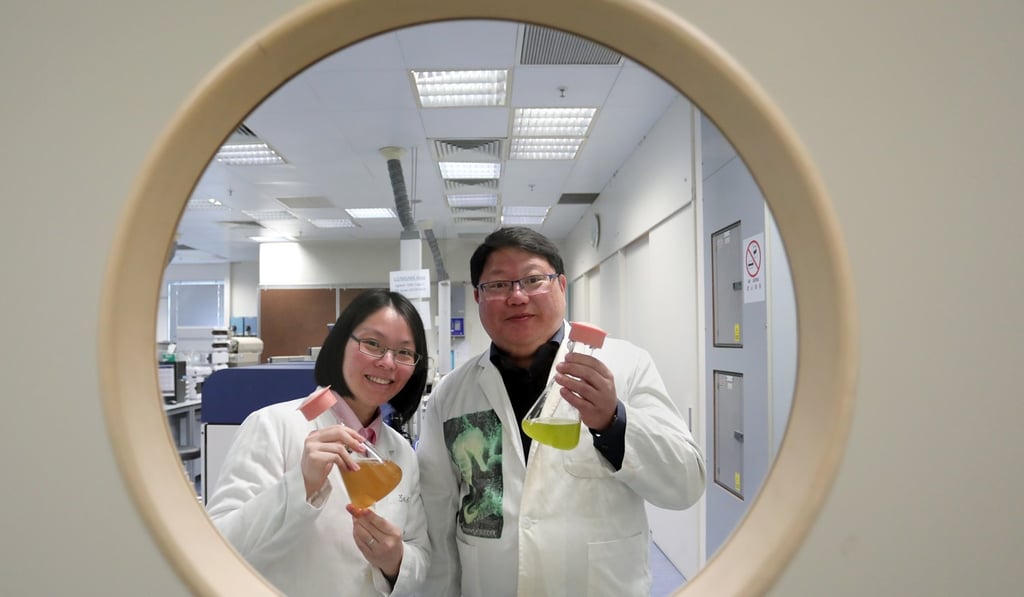Your sunscreen may be killing marine life, Hong Kong study finds
Nanoparticles in products are found to affect algae and researchers say this can disrupt ecosystem in high concentrations

Slapping on sunscreen or sunblock at the beach may offer protection from harmful ultraviolet rays of the sun, but it could also be hurting marine life, scientists from the University of Hong Kong have found.
A new study by HKU researchers showed that tiny chemical particles in some lotions could be “silent killers” of microscopic algae, a crucial food source in the marine ecosystem.
Sunscreens containing nano-zinc oxides, an increasingly popular ingredient to reduce chalkiness and tackiness in products, were found to shorten the lifespans of both freshwater and marine microalgae by between 40 and 70 per cent. The organisms were exposed to high concentrations for four days.

Half of the sample population in tests died, according to the research. The team’s findings were recently presented in paper Scientific Reports, under the publisher for leading international journal Nature Research.
The nanoparticles release a group of chemicals called reactive oxygen species, damaging the microalgae and disrupting growth.